THE LATEST FROM VALTASNews, updates, and stories to keep you in the know.
|
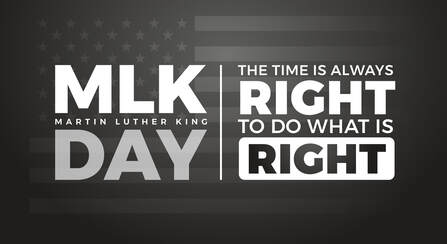 As we approach the national holiday that celebrates the life and ministry of Dr. Martin Luther King, Jr. it seems appropriate to revisit the reason we NEED a National Holiday to reflect on his legacy, and what we, as nonprofit leaders can and should DO with such a holiday. Obviously, Dr. King stands as an icon of the Civil Rights Movement. Many people equate the celebration of his life as a call to action to continue his work of creating a world where people prioritize the content of one’s character over the color of their skin. Certainly, that is a much-needed shift in our society. But that metric or Key Performance Indicator (KPI), to use our non-profit buzzwords, seems huge and out of reach for us as individuals. Nonprofit leaders are people of action. We thrive on making a difference both in the lives of the people our organizations serve and in the way our organizations are run. Taking on the disparities in Civil Rights seems like a lifetime aspiration as opposed to a quarterly performance metric. Maybe the reason that we are still struggling with civil rights in the United States is the fact that the challenge, obvious as it is or should be to everyone, just seems like it is too big for mere mortals to take on. So, what do we do with Martin Luther King, Jr. Day if that is the case? A Plan for MLK Day Do we use this day to shout from the rooftops about the disparities in racial equity and justice in our communities? Do we use it as a somber reminder of the MANY who we have lost because of that injustice? Do we use it as a day to take even small, personal actions that will connect us with Dr. King’s work and legacy? Or should we use this day as a motivational springboard to evaluate and elevate our own life’s work, both personal and professional, to reach the dream that Dr. King left as his legacy? Martin Luther King, Jr. Day is not just a holiday, but a reminder of how we should always act Life’s most persistent and urgent question is, ‘What are you doing for others?' On the surface, this sounds straightforward. But it is not that easy, is it? Self-reflection, when honest, can be brutal. Caring for Others First Dr. King was imploring us to care more about others than ourselves and to elevate that caring to the level of a persistent and urgent question that we ask ourselves. There is indeed no shortage of people eager to tell you that your idea, your conviction, or your action falls short. But our takeaway from Dr. King’s challenge here is that this is a personal discussion that you have with yourself, every day. It is not a sermon you give, or a flag you wave for others to see. Check your REAL motivation in life and in your work. What does it do for others? How do you hold yourself accountable on an ongoing basis to answer the question of what you are doing for others? Is it working? If so, share it! The world NEEDS leadership and support in this space. The ultimate measure of a man is not where he stands in moments of comfort and convenience, but where he stands at times of challenge and controversy. If you have never found yourself in trouble or any kind of controversy you probably aren’t trying hard enough! As non-profit leaders, we are agents of change. How we respond when people are upset by our actions determines whether we are enabling an epiphany that propels our movement, or if we are retreating from the front because we stormed the enemy line prematurely. In these situations, integrity must be the gear in our moral compass that is most fully engaged. Assuming Personal Responsibility None of us will always be right, but we CAN always do the right thing in the next moment. Having the self-awareness to also be able to identify teachable moments for ourselves is essential. Dr. King gave us a tutorial on how to deal with challenges and controversy. His ability to know when to push even further to make us confront the issue causing the controversy was masterful. He always referred to personal responsibility as opposed to class judgment. We never listen to or read his words and walk away feeling like we are part of the problem because of who we are. However, we do sometimes leave encounters with his words feeling like we are part of the problem because we didn’t stand up to immorality or inequity when we saw it. Dr. King called us not to judge ourselves or others based on who are, but on what we do. It is always personal. Serving our Communities’ Muted Voices Dr. King worked to give a strong, compassionate, articulate voice for those who had been at best ignored, and at worse taken from this world. We live this aspect of Dr. King’s dream every day when we give voice to the populations our organizations serve – the muted voices in our communities. We must never allow his message to be discounted or diluted. It would be easy to pat ourselves on the back for just listening to and including previously marginalized populations. People talk, argue, write, cajole, scream, and cry for a reason. Hearing them is a necessary first step but researching for yourself and observation to see what you had not seen before helps prepare you to ACT differently based on what you heard. When you do all that, you give those voices and the passions behind them the value, force, and impact they deserve. When we actively listen, we hear not just words and ideas. We hear voices that are vibrant, resilient, funny at times, and genuine. But some voices are tinged with the pain of a lifetime of suffering, anger, and a very long fight just to be heard, much less respected and valued for their wisdom and experience. Fighting for Equality We often get away from the fight for equality on this day. Dr. King’s words make us feel nice and pleasant in our lives. That was what made him stand out. He was approachable and he made his message and his fight accessible for anyone who saw what he saw and wanted to be a part of the movement to change things. But the fight for equality is not nice and pleasant. The attitudes and institutional racism that Dr. King exposed are not going to just go away because we say we want it to. A day celebrating his birth or a month celebrating African Americans is not enough to create the change we strive for in our society. Martin Luther King, Jr. Day should not be seen as a day or a month to “celebrate” as much as it should be a time to refocus, reassess, and rededicate ourselves to the mission of making Dr. King’s dream a reality. We should each view it as:
If everyone tried to hold themselves accountable to the wisdom that Dr. King left us in his words and examples, yes, we would be better non-profit leaders. But we would also be better people! We would interact with each other with more integrity, vulnerability, and honesty. And if we all did that, it seems that we might be joining the movement that Dr. King envisioned. Creating a Better World Dr. King’s dream was not one of civil rights victories. It was a dream of a better world for his children, our children, and for every community. Living by and learning from his example as we address homelessness, disability rights, eliminating racism, and so on, IS in fact a part of the civil rights movement that seemed too big to tackle on our own. Dr. King’s dream included and valued the work of every person and organization that seeks to lift people up and value them based on the content of their character. This is a fight that has been with us for a very long time. It will not be resolved overnight, or with the actions of just a few. It is a fight that we all must engage in if we are to be a better society. There is no one best way to engage here. Our hope is that this serves as a helpful reminder and call to personal action – to listen, research, and react. No one has all the answers in this space, but we all have tools to improve ourselves as leaders. In doing so, we will help the communities we serve, the neighbors around us, and ourselves. About the Authors: Dave Lenox 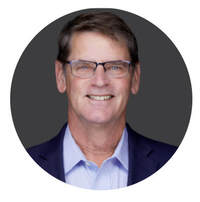 Dave Lenox is an experienced leader with a demonstrated history of working in the non-profit, change management, organization design, and management fields. He is a skilled business development professional with a BS in Special Education from Missouri State University and a Master of Business Leadership focusing in Organization and Change Management from Capella University. Most recently, Dave Lenox took over as President and CEO of Special Olympics Washington (SOWA) in August of 2014 after originally beginning his employment with them in 1985 as the Area Director in Kansas City, Missouri. Maxwell Lenox 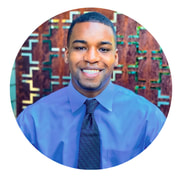 Max Lenox is Dave’s son, as well as a graduate of the United States Military Academy at West Point. He is a former two-time captain of the Army basketball team at West Point. As impressive as his accomplishments were on the basketball team, off the court Max served as an inspiration to many of his peers. After graduating, he went on to be an Officer in the Army stationed in Fort Lewis, Washington and is now employed as a Product Information Analyst at Nike. He also volunteers his time with Big Brothers Big Sisters of America.
Anthony Tobin
1/14/2022 12:56:15 pm
"Muted voices" spoke loudest to me. Comments are closed.
|
THE LATEST FROM VALTAS
You are welcome to subscribe to get the latest news, updates and insights from our team. Subscribe:Ask Valtas!Categories
All
Archives
July 2024
|

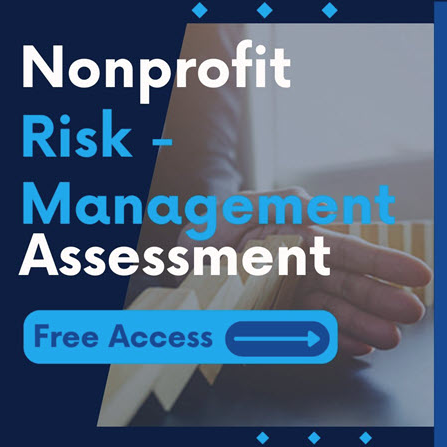
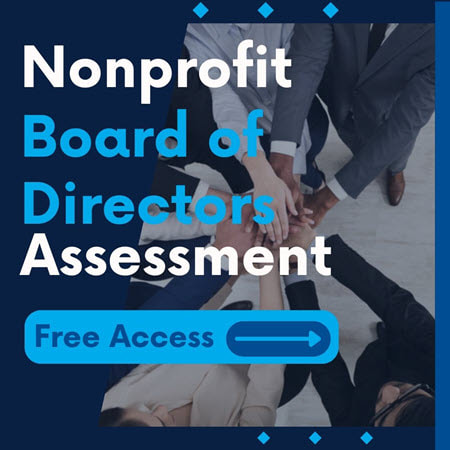
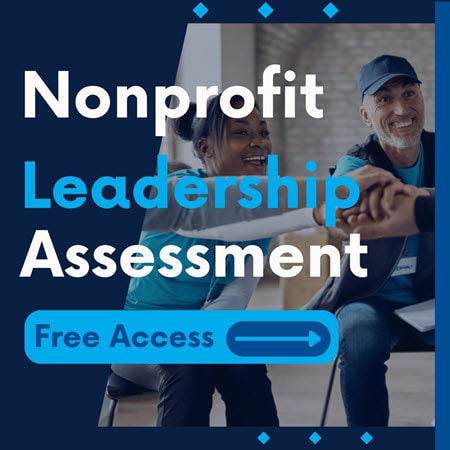
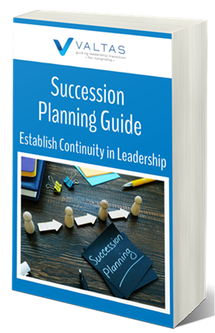
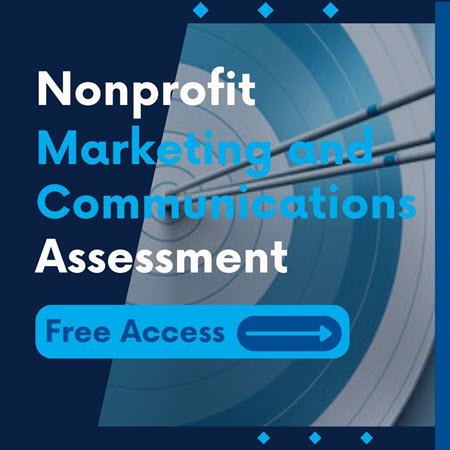
 RSS Feed
RSS Feed
